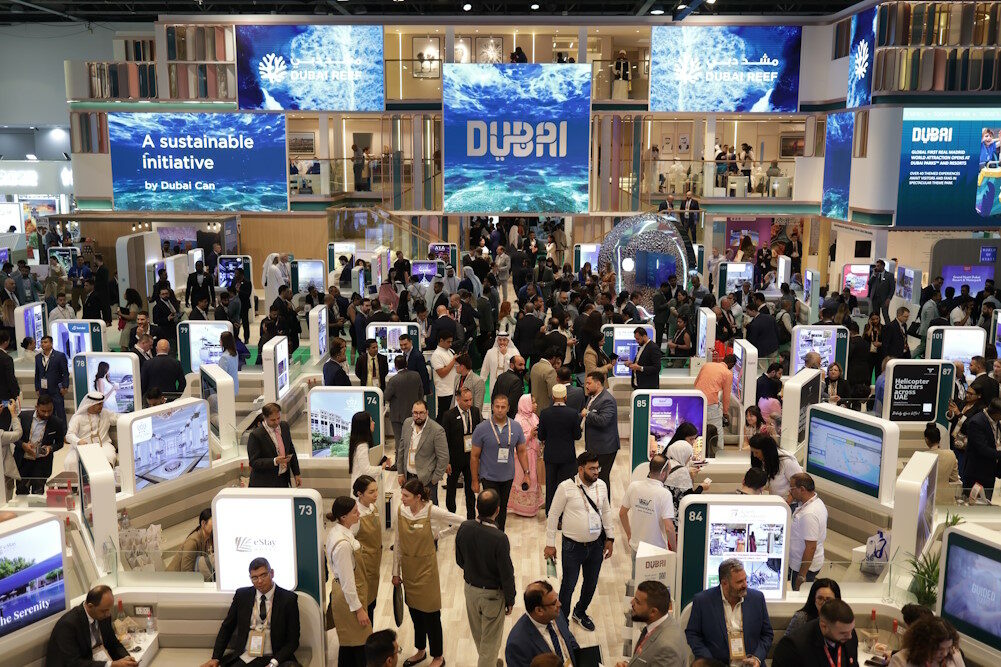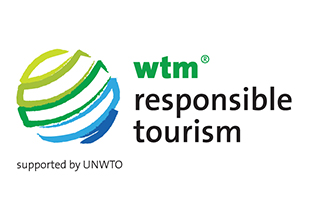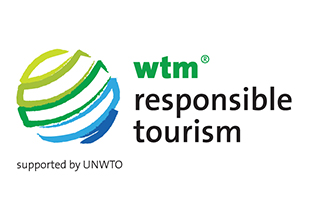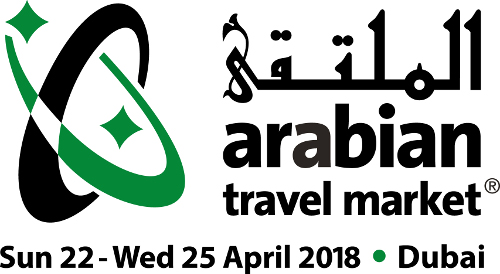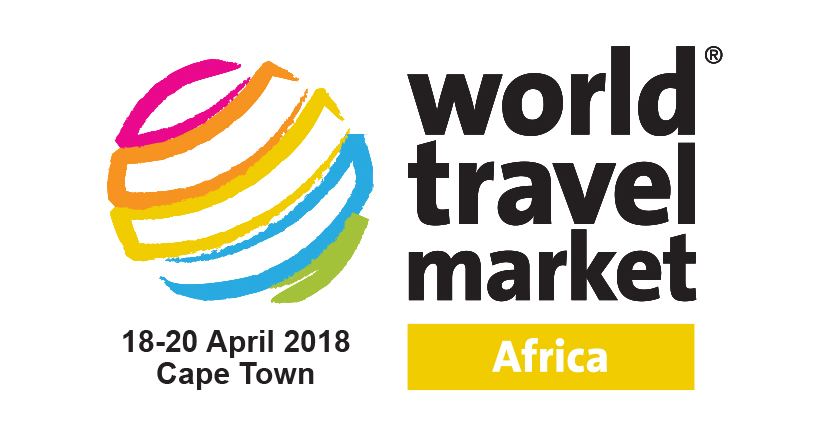Sustainable tourism, with its multi-dimensional nature, contributes significantly to several Sustainable Development Goals (SDGs). It is particularly relevant to SDG 8 (Decent Work and Economic Growth), SDG 12 (Responsible Consumption and Production), SDG 14 (Life Below Water), and SDG 15 (Life on Land). This form of tourism, which prioritizes environmental integrity, social justice, and local economic development, can provide a viable path to achieving these goals.
Under SDG 8, sustainable tourism is an economic driver, generating jobs, promoting local culture, and improving local livelihoods. Tourism is one of the world's largest economic sectors, and if managed sustainably, it can provide stable income and decent work opportunities, particularly for women, youth, and disadvantaged groups. Furthermore, by valuing and preserving local culture and traditions, sustainable tourism promotes cultural diversity and intercultural understanding.
In line with SDG 12, sustainable tourism promotes responsible consumption and production. By adopting sustainable practices, like reducing waste, conserving water, and sourcing local and sustainable products, the tourism sector can significantly lower its environmental impact. Sustainable tourists, meanwhile, contribute to responsible consumption by making mindful travel choices, respecting local communities, and limiting their environmental footprint.
Sustainable tourism also plays a crucial role in preserving biodiversity, contributing to SDGs 14 and 15. By promoting nature-based tourism and implementing responsible management practices, it can contribute to the conservation of marine and terrestrial ecosystems, the protection of endangered species, and the reduction of habitat loss.
However, the transition to sustainable tourism is not without its challenges. These include the need for regulatory frameworks that promote sustainable practices, overcoming reliance on long-haul travel, managing tourist numbers to avoid overcrowding, and ensuring that tourism revenues are distributed equitably. Policies and awareness campaigns should be developed to address these challenges and promote responsible behavior among all tourism stakeholders.
An exclusive whitepaper produced for Arabian Travel Market (ATM) by Digital Tourism Think Tank (DTTT) has highlighted that only 15% of UN Sustainable Development Goals (SDGs) related to tourism are on track to be achieved by 2030 according to the body, underscoring the need for more action to be taken across the sector.
World Tourism Day 2026
World Tourism Day 2026 beckons! As we stand on the brink of another celebration of the myriad wonders of global travel, it's crucial to recognise the significant role of SDGs (Sustainable Development Goals).
Since its inception, World Tourism Day has been an emblematic moment for travel enthusiasts. But this World Tourism Day 2026 isn't just another tick on the calendar. It represents an alignment of the global journey with SDGs.
The Importance of SDGS
